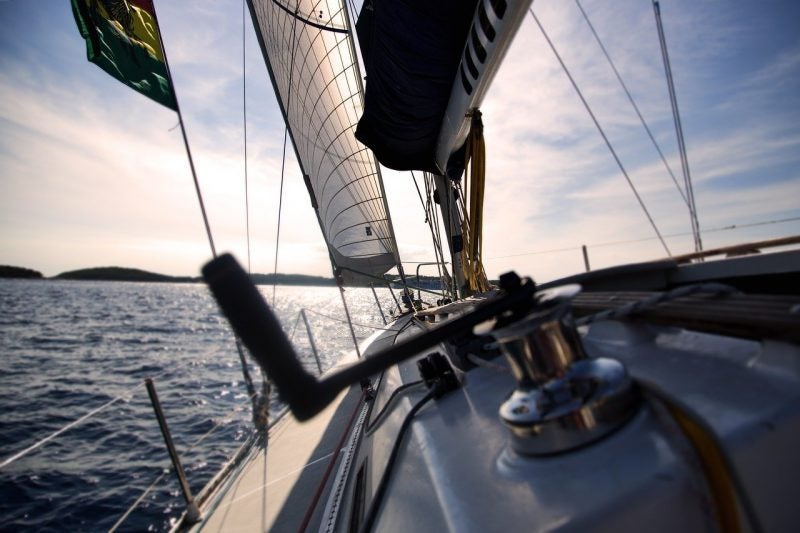
ClassNK, along with Kawasaki Kisen Kaisha (K Line) and Mitsubishi Shipbuilding, is set to carry out test operations and measurements for a small-scale CO2 capture demonstration plant on a ship.
It is expected to verify the use of the equipment as a marine-based CO2 capture system.
The project will be conducted with the support from of the Maritime Bureau of Japan’s Ministry of Land, Infrastructure, Transport and Tourism (MLIT).
As part of the demonstration, the design of an existing onshore carbon dioxide capture system will be converted into a marine environment and installed onboard a real ship in use.
The Carbon Capture in the Ocean (CC-Ocean) project aims to achieve the world’s first marine carbon capture and is scheduled to be carried out in two years.
After the verification from ClassNK, a hazard identification study (HazID) will be launched to design a demonstration plant and on-board equipment.

US Tariffs are shifting - will you react or anticipate?
Don’t let policy changes catch you off guard. Stay proactive with real-time data and expert analysis.
By GlobalDataMitsubishi Shipbuilding will manufacture and conduct a safety assessment of the carbon capture demonstration plant.
The plant will be manufactured next year and will be installed on the Tohoku Electric Power’s coal carrier, which is operated by K Line, after the operational tests at the plant.
By validating operation and performance in a real marine environment, Mitsubishi Shipbuilding will check the system specification requirements and consider methods of how to make the plant compact.
In a statement, ClassNK said: “This demonstration experiment conducted at sea is the first of its kind in the world. The knowledge gained will be used for the future development of technologies and systems to capture CO2 from the exhaust gases of marine equipment and ships.
“Further, the captured CO2 can be recycled for use as a new source of CO2 for enhanced oil recovery (EOR) processes, or as a raw material in synthetic fuel, providing a significant contribution to reductions in greenhouse gas (GHG) emissions.”
In May, ClassNK granted an approval in principle (AIP) to the concept design of an autonomous ship framework.



